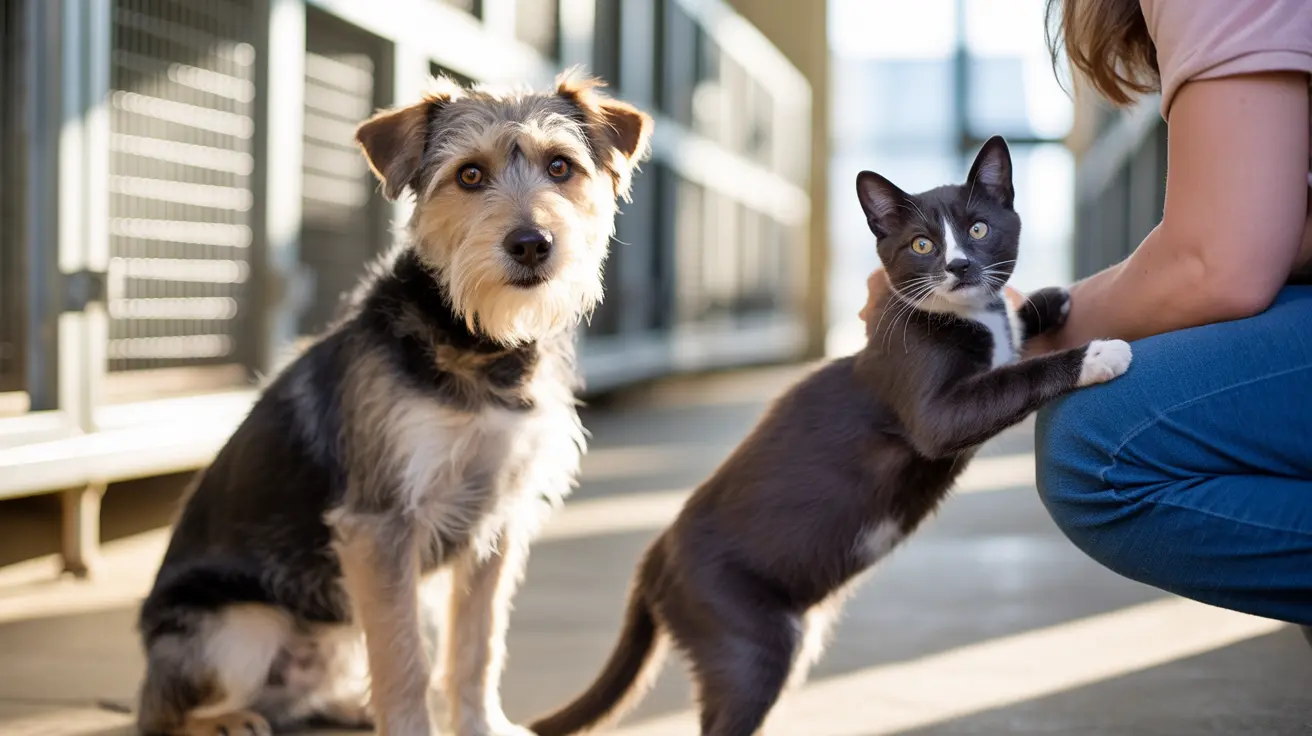Why Dogs Love Cheese and How to Feed It Safely
Many dog owners have noticed that their pets go wild at the sight or smell of cheese. But why are dogs so crazy about it, and is it safe to indulge them? Understanding the reasons behind dogs’ love for cheese and the associated benefits and risks can help pet owners use this treat wisely.
Why Do Dogs Love Cheese?
There are several reasons why dogs find cheese irresistible:
- Smell and Taste: Dogs have an acute sense of smell, and cheese has a strong scent that excites their senses. Its rich and savory flavor also appeals to their taste buds.
- Texture: The creamy, soft, or chewy texture of various cheeses makes them satisfying to bite and easy to digest in small portions.
- Fat and Protein Content: Cheese is rich in fats and proteins, nutrients that dogs naturally crave and that make the food rewarding.
- Positive Association: Cheese is often used as a reward during training or to disguise medication, which leads to positive reinforcement and excitement when it's offered.
Is Cheese Safe for Dogs?
In moderation, most dogs can safely enjoy cheese. However, not all types of cheese are suitable, and individual dogs may react differently. Some important guidelines include:
- Moderation is Key: Cheese should only be an occasional treat, making up no more than 10% of a dog’s daily caloric intake.
- Watch for Lactose Intolerance: Some dogs lack the enzyme lactase, which is needed to digest lactose found in dairy. Symptoms of intolerance include gas, diarrhea, vomiting, or bloating.
- Avoid High-Fat Cheeses: Excess fat can cause weight gain, obesity, or potentially lead to pancreatitis, especially in sensitive dogs.
Best Cheeses for Dogs
If you decide to offer cheese to your dog, choose types with lower fat and lactose content:
- Cottage Cheese: Low in fat and lactose, and often more digestible for sensitive dogs.
- Cheddar, Parmesan, or Swiss: These aged cheeses contain reduced lactose and can be offered in small, controlled amounts.
- Low-fat Mozzarella or Goat Cheese: These options are softer and may be gentler on digestion.
Cheeses to Avoid
Not all cheeses are safe for canine consumption. Avoid:
- Blue Cheeses: Such as Roquefort, Stilton, or Gorgonzola, which can contain roquefortine C, a toxin that may cause severe reactions like seizures.
- Flavored Cheeses: Those that contain garlic, onions, chives, or herbs are toxic to dogs.
- Processed Cheeses: These often contain additives, increased sodium, and high levels of lactose and fat.
Serving Cheese to Your Dog
For dogs that tolerate dairy, cheese can be offered safely by following these tips:
- Portion Control: Limit cheese to bite-sized pieces or shreds to avoid overfeeding.
- Use as a Training Reward: Cheese is a high-value treat ideal for reinforcing good behavior during training sessions.
- Masking Medication: Cheese can help disguise pills, although be cautious with antibiotics since calcium can interfere with absorption.
- Monitor Reactions: Begin with a small amount if it's a new food and watch for adverse effects.
When to Avoid Cheese
- Dogs with Obesity or Pancreatitis: High-fat treats like cheese can worsen these conditions.
- Severe Lactose Intolerance: These dogs should avoid all dairy, including cheese.
- History of Food Sensitivities: Dogs with known allergies or sensitivities may react poorly to new dairy products.
Special Considerations for Puppies
Puppies can generally eat small amounts of cheese, but their digestion should be monitored closely. Avoid giving them processed or rich cheeses and instead offer mild, low-fat options.
Unsafe Cheese Dishes
It’s best to avoid feeding dogs human food dishes like macaroni and cheese. These are typically high in fat, salt, and may contain allergens like gluten, making them hard for dogs to digest.
What to Do if Your Dog Eats Too Much Cheese
If your dog consumes a large quantity of cheese, watch for symptoms like vomiting, diarrhea, bloating, or lethargy. Immediate veterinary attention may be required, especially if your dog has any preexisting conditions.
Conclusion
Many dogs love cheese and can enjoy it safely in small amounts. By choosing appropriate varieties, monitoring for intolerance, and using it as an occasional treat, cheese can be a useful and enjoyable part of your dog’s diet. As always, consult with your veterinarian before introducing new foods, especially in dogs with specific health concerns.





